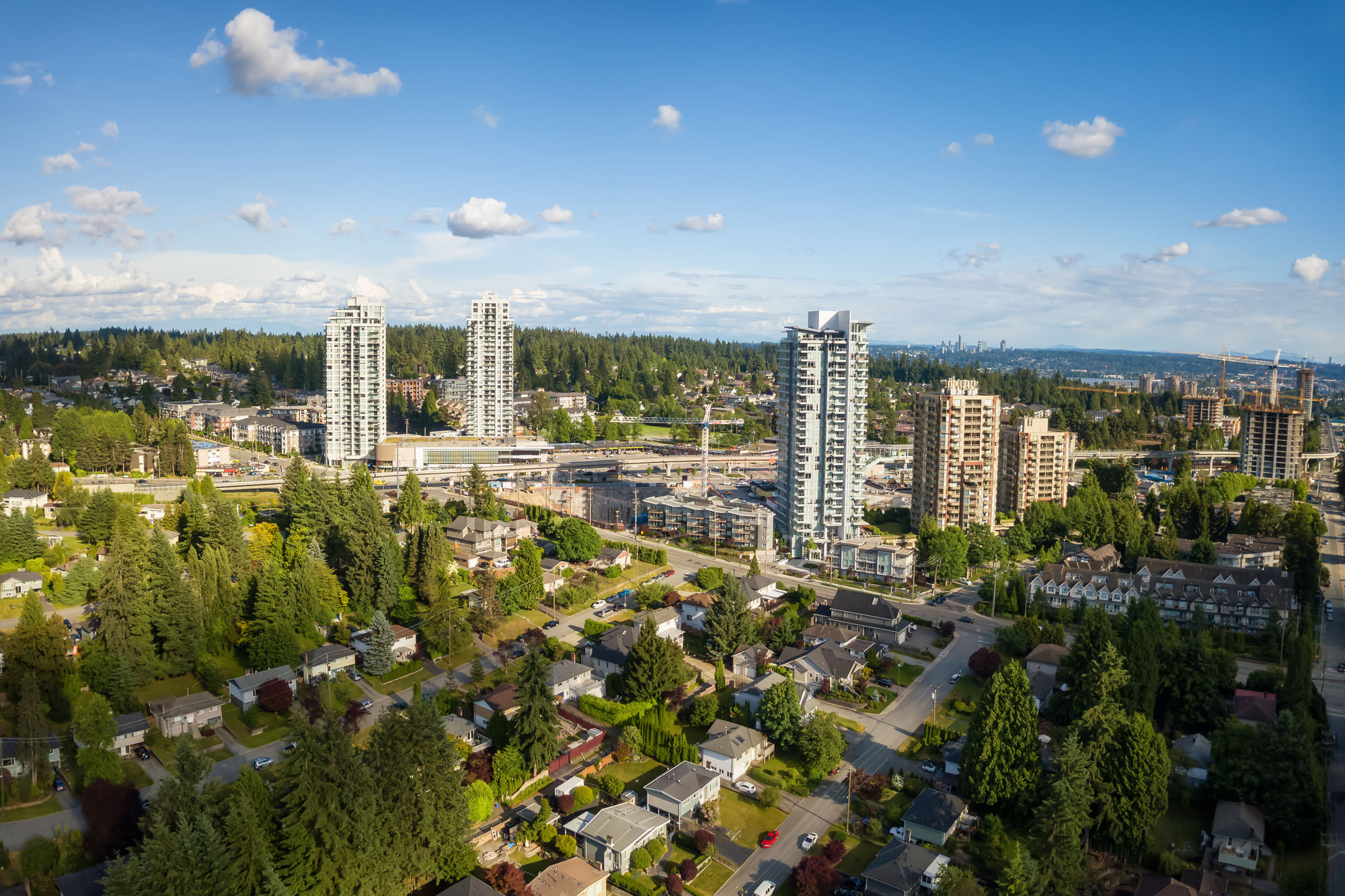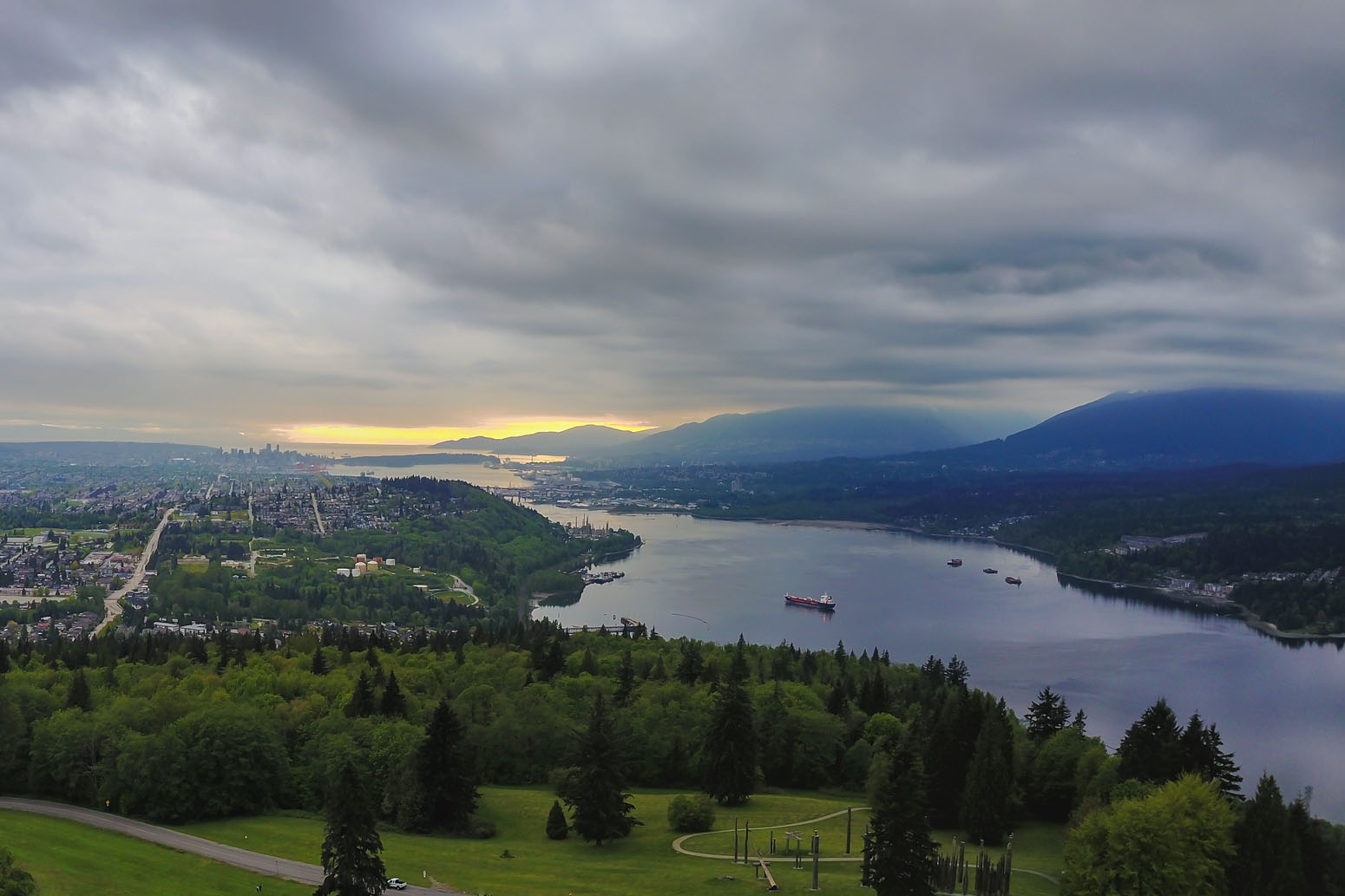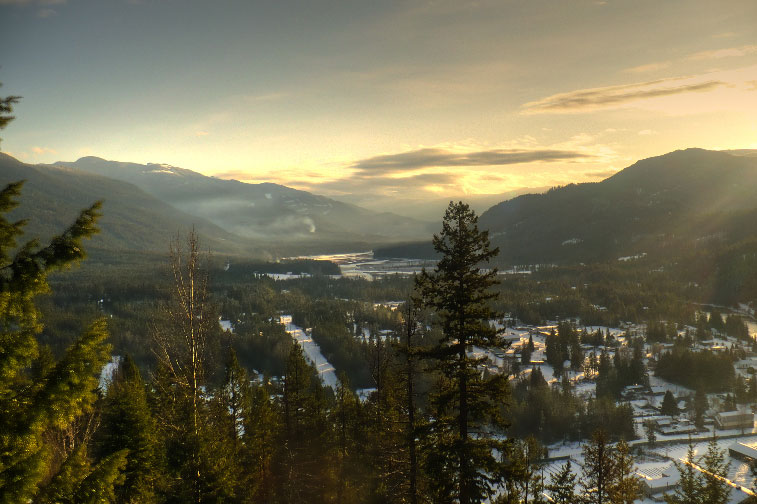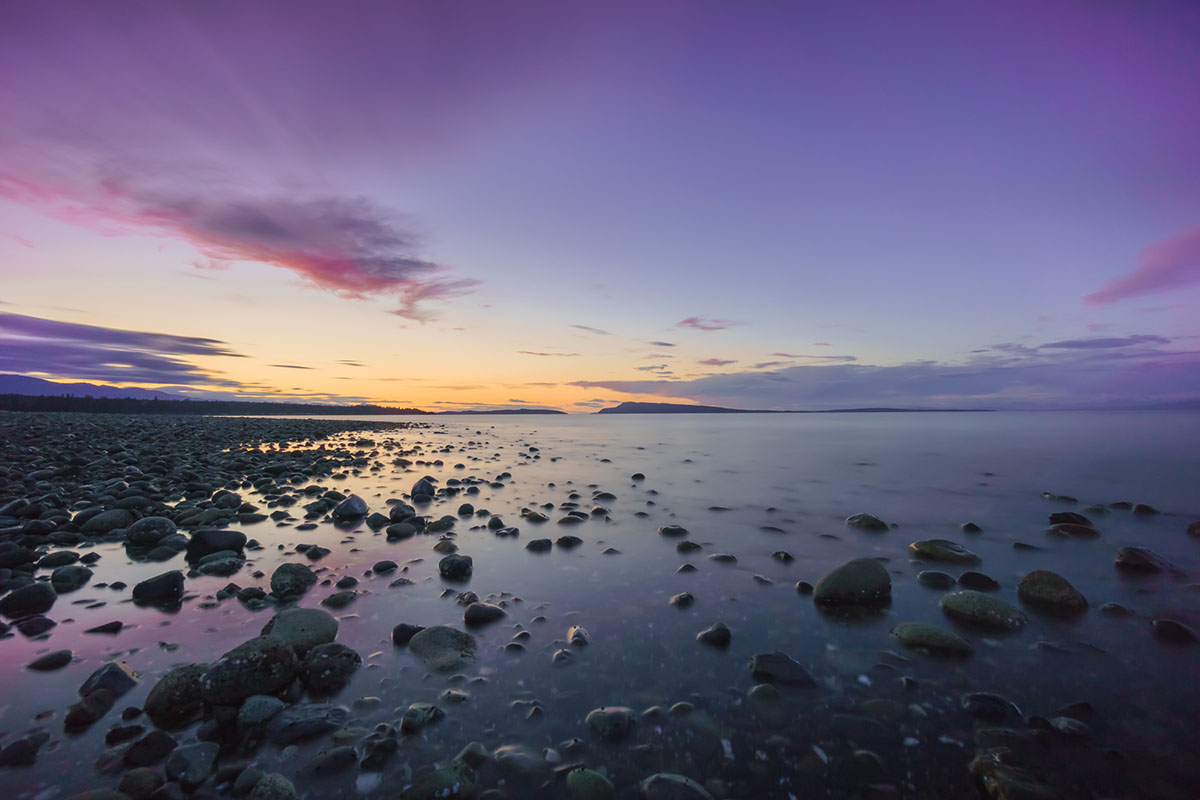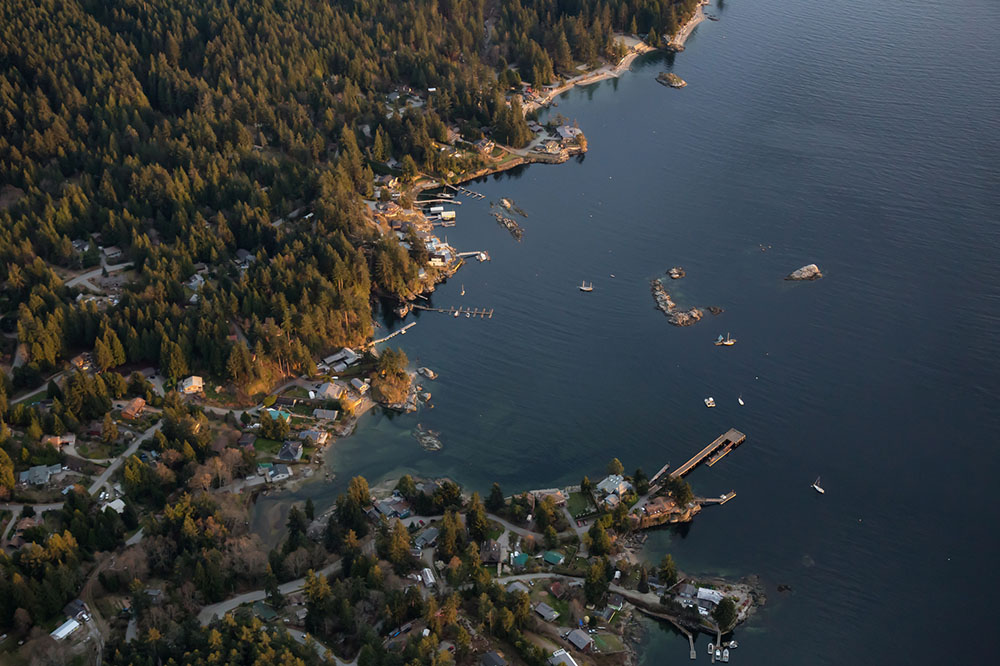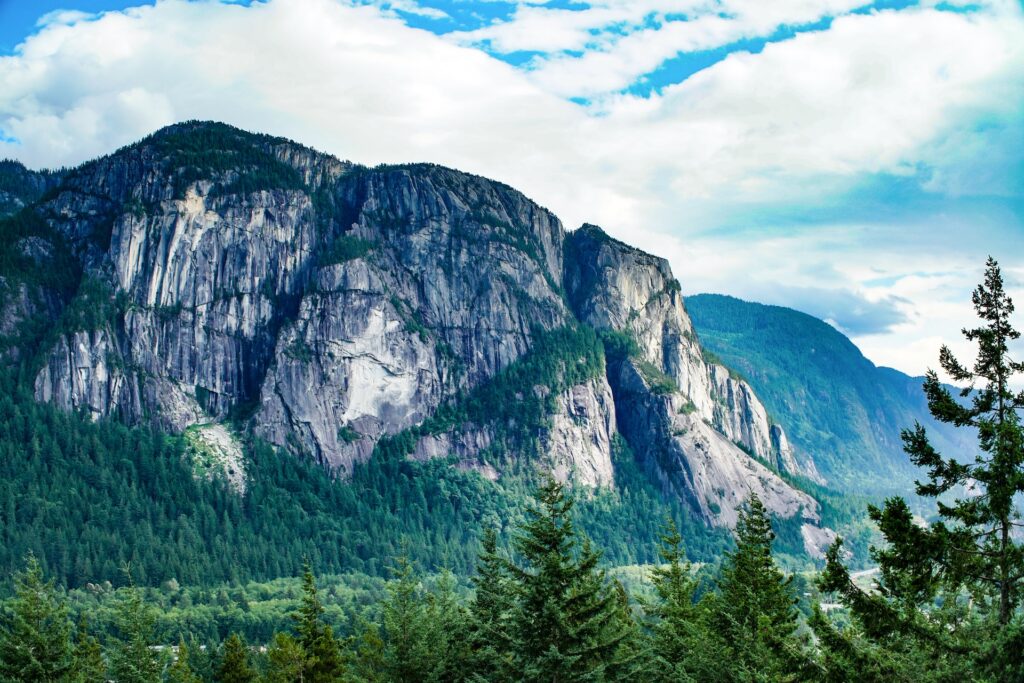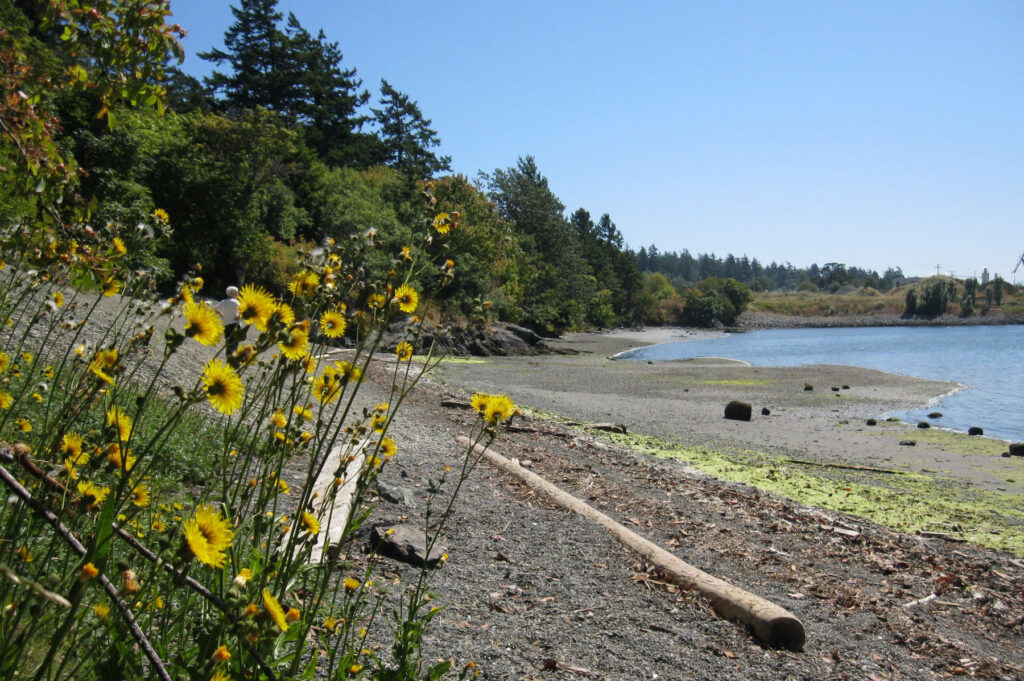The costs of climate change are growing.
Who should pay them?
In recent years, as British Columbians have been struggling with high inflation and unattainable housing costs, climate-related disasters have sucked up an increasing amount of our tax dollars. Meanwhile, the oil and gas industry - whose product creates these disasters - is reaping record profits.
Is it right that BC residents should pay the full costs of climate change? Is it acceptable that our children will be burdened financially with these costs?
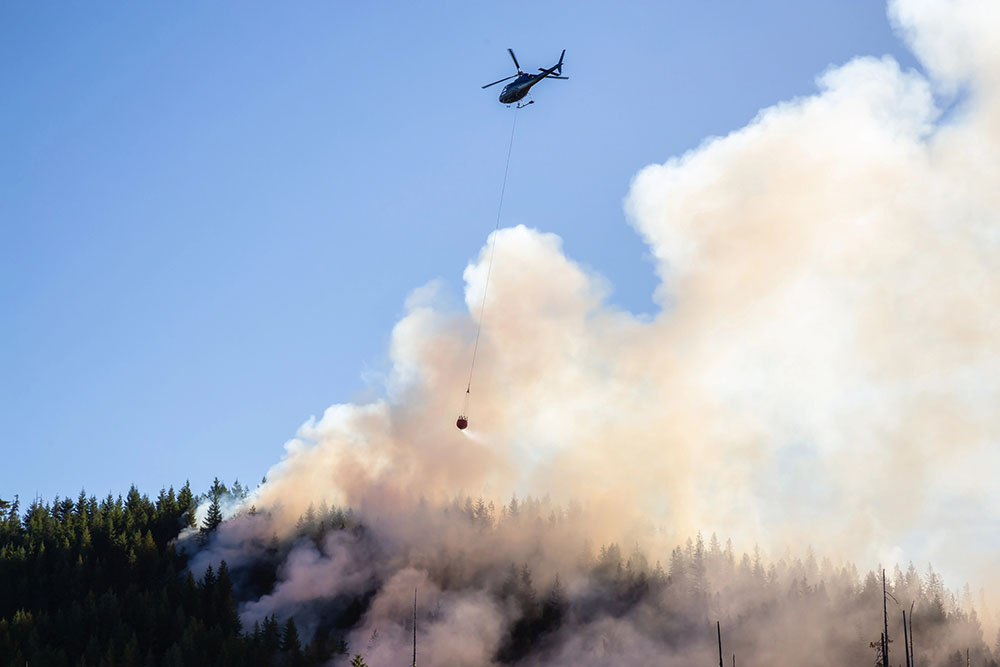
We are a group of Sunshine Coast residents who believe that the oil and gas industry should pay a share of the costs of climate change.
We are part of the province-wide movement to sue "big oil", spearheaded by West Coast Environmental Law. We are petitioning our local governments to put aside $1 per resident towards a province-wide lawsuit, which will only proceed once a sufficient number of communities have joined.
The Rising Costs of Climate Change
Wild Weather in British Columbia
In 2021, BC experienced climate change in a big way, with:
- numerous forest fires, one of which destroyed Lytton,
- extensive flooding that devastated farms in Abbotsford and washed out so many roads that Vancouver was temporarily cut off by road from the rest of the country,
- a heat dome that killed about 600 people and an estimated billion sea creatures.
While that year stood out, climate-related weather disasters have been costing Canadians for years. In 2019, the Government of Canada's website shared this:
The trends have continued. And the costs are mounting.
Someone has to pay for:
- repairing or replacing homes damaged by wildfire or flood
- rebuilding public infrastructure
- providing temporary accommodation for displaced people and animals
- providing medical treatment to those harmed by heat, smoke and stress
While insurance covers some of the costs, most of them are paid for by government - whether federal, provincial or local. That means they are paid for by us - residents and taxpayers.
Water Shortages on the Sunshine Coast
Closer to home, climate change has particularly impacted our summer water supply on the Sunshine Coast.
For decades, much of our growing community has depended on the small Chapman Lake to store enough water to get us through summer dry spells.
Chapman receives water from a large watershed and fills quickly when it rains. But, with climate change, there are long summer dry spells, where the lake is drawn so low by our water usage that severe water restrictions are required to make sure we have enough water for health and firefighting.
We've all seen our annual water bills increasing, as our regional district works on developing new water sources. And those costs are likely to increase further, as increased water supply and storage are needed.
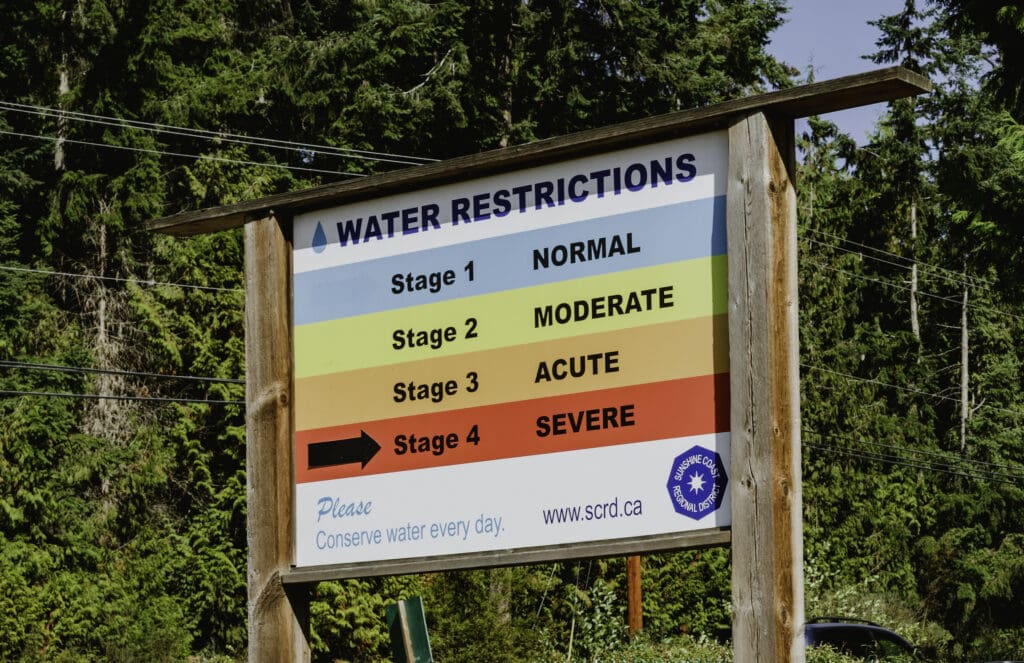
Who Should Pay?
Record Profits for Oil and Gas
While individuals around the world are dealing with the costs and damages of climate change, the industry most responsible for causing climate change is making billions of dollars a day in profit.
For the past 50 years, the fossil fuel industry has averaged a profit of $3 billion dollars daily. (1) And more recently, in 2022 alone, it made $11 billion daily. That’s a whopping $4 trillion dollars in one year! (2)
Investigative journalists and others (3, 4, 5, 6) have shown that - despite the industry’s own scientific research proving a direct link between the burning fossil fuels and global warming - these oil and gas companies have lobbied against climate action, refused to develop alternative sources of energy for which they held patents, and have invested billions of dollars in sowing doubt about climate change.
Insurance More Expensive or Unavailable
While home owners and businesses can take out insurance on their properties, the situations in Florida and California suggest that insurance cannot be relied on as climate change gets worse.
To start with, insurance rates rise as weather-related disasters become more common, leaving insurance unaffordable for many.
On top of that, we're now seeing insurance companies in these two US states refuse to provide coverage in certain areas that are prone to repeated disasters. That leaves property owners without insurance, or requires that the state step in and offer state insurance.
When government provides last-resort insurance, who ends up paying when income from customer insurance rates doesn't cover the benefits paid out? The taxpayers, do.
Why a Lawsuit?
Why Do We Need to Sue?
The fossil fuel industry has been lobbying hard against both restrictions on their production and additional taxes on their profits.
Their lobbying has been quite successful. For example, recently the Canadian government chose not to implement a windfall tax on the industry in spite of polls showing that 62% of Canadians supported the move and only 10% opposed it.
That leaves it to British Columbians to act on our own behalf. We are asking our local governments to put aside $1 per resident to fund a class action lawsuit. Only once enough communities have committed funds would the lawsuit commence.
What Can We Hope For?
At the very least, the lawsuit would raise awareness of big oil company practices and the costs residents and taxpayers are incurring from climate change.
Since companies are required by law to inform their investors of lawsuits that represent a risk to their investments, our lawsuit could reduce investment and slow production, helping reduce CO2 emissions.
Of course we hope for the best, which is to win the lawsuit and see settlement funds used to help our communities recover from severe weather and build resilient infrastructure for the future.
Could the Lawsuit Succeed?
Recent journalistic investigation has shown that the oil and gas industry:
- has known for decades (as early as 1954) that their products would cause the kind of climate impacts we are currently experiencing
- did nothing to change their practices
- funded misinformation campaigns and lobbied against legislation that would mitigate these impacts
This information could persuade the court that the industry has liability for climate-related damage.
What are the Risks?
The laws of BC allow class action suits where the plaintiffs (our local governments) are not liable for paying the legal costs of the defendants (the oil and gas industry), in the event that the court rules in the defendants' favour. That means the cost of the lawsuit is limited to what the plaintiffs choose to spend on their own legal fees.
It's not just us!
Communities and citizens' groups around the world are using the courts to fight for climate justice. These include the cities of Chicago and Honolulu, the state of California, two sovereign Native Nations in the Pacific Northwest, six young people from Portugal, and a group of older women from Switzerland.
And the courts are agreeing to hear those cases!
Not only that, we're starting to see wins for the plaintiffs. On April 9, 2024, the European court of Human Rights ruled that Switzerland is violating the human rights of the older women who were plaintiffs because the state is not taking the necessary steps to combat global warming.
We've compiled a page of news stories that put our own movement in context.
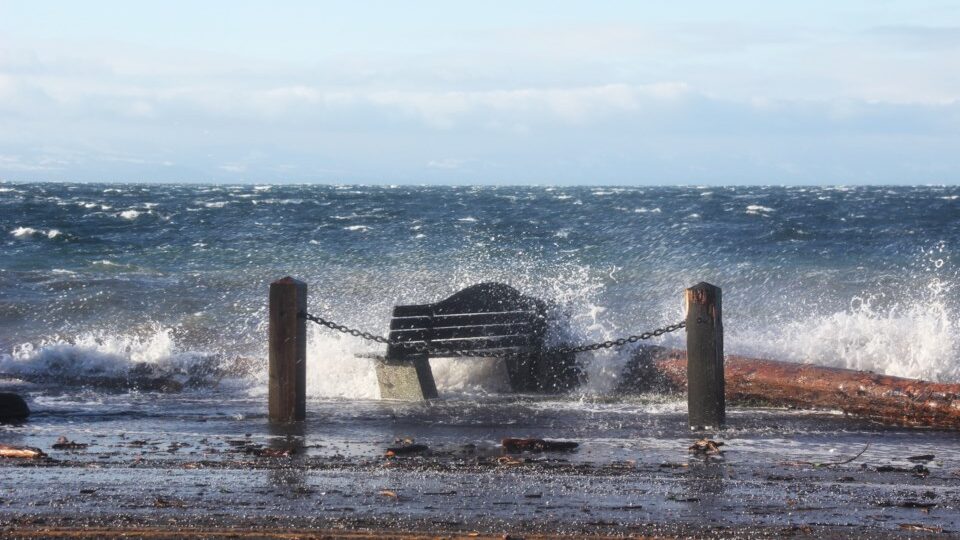
Video Introduction to the Lawsuit
Momentum to Sue Big Oil is Growing!
Click a photo below to read the story.
A Climate Campaign that's Made in BC
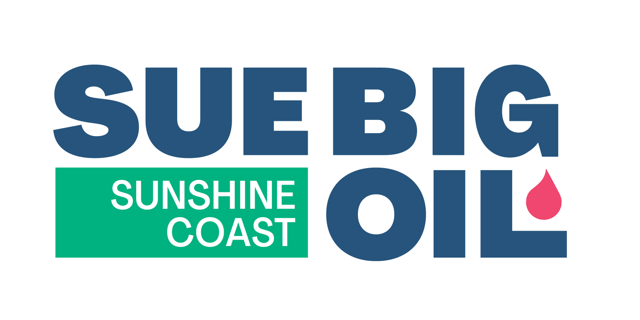
Privacy Statement
Your privacy is important to us. This personal information is collected by Sunshine Coast Sue Big Oil (SCSBO.ca) to advance campaigns for environmental, economic, and social justice, and specifically Sue Big Oil.
For the purposes of this Lower Sunshine Coast Petition, this information is also shared with the Sue Big Oil secretariat, West Coast Environmental Law.
Those who opt to receive information, by selecting "Yes" for either question in the form, are consenting to receive additional updates about other causes and activities with which SCSBO.ca is involved.
Under no circumstance will your personal information collected through this campaign be shared with any political party, riding association, or other partisan entity.
The Petition
We call on our local governments to: take urgent action to reduce our fossil fuel use and protect us from heat waves, wildfires, flooding and other climate impacts; set aside at least $1 per person towards a community fund to sue Big Oil; join with other local governments to file a class action lawsuit to recover a fair share of our climate costs; work to build equitable, sustainable systems for transportation, housing and food that put people and the planet first; cooperate with Indigenous peoples in doing so.
Endorsements
Here on the Sunshine Coast, the Sue Big Oil campaign has been endorsed by the following groups:
Alliance 4 Democracy
Jellyfish Project
St Hilda’s Green Parish
Sunshine Coast Climate Action Network
Sunshine Coast Conservation Association
Sunshine Coast Teachers Association
References
- Carrington, Damian, Revealed: Oil sector’s staggering $3bn-per-day profits The Guardian. July 21, 2022
- Adomaitis N & Solsvik T. Oil and gas industry earned $4Trillion last year, says IEA chief. Reuters, Feb 14, 2023
- Dembicki, G. (2022) The Petroleum Papers: Inside the far-right conspiracy to cover up climate change. Greystone Books Ltd.
- Vaillant, J. (2023) Fire Weather: The making of a beast. Knopf Canada.
- McMullen, J. The audacious PR plot that seeded doubt about climate change BBC News. July 23, 2022
- Tabuchi, H. Exxon executives predicted global warming, even as company cast doubts, study finds. New York Times. Jan 12, 2023

